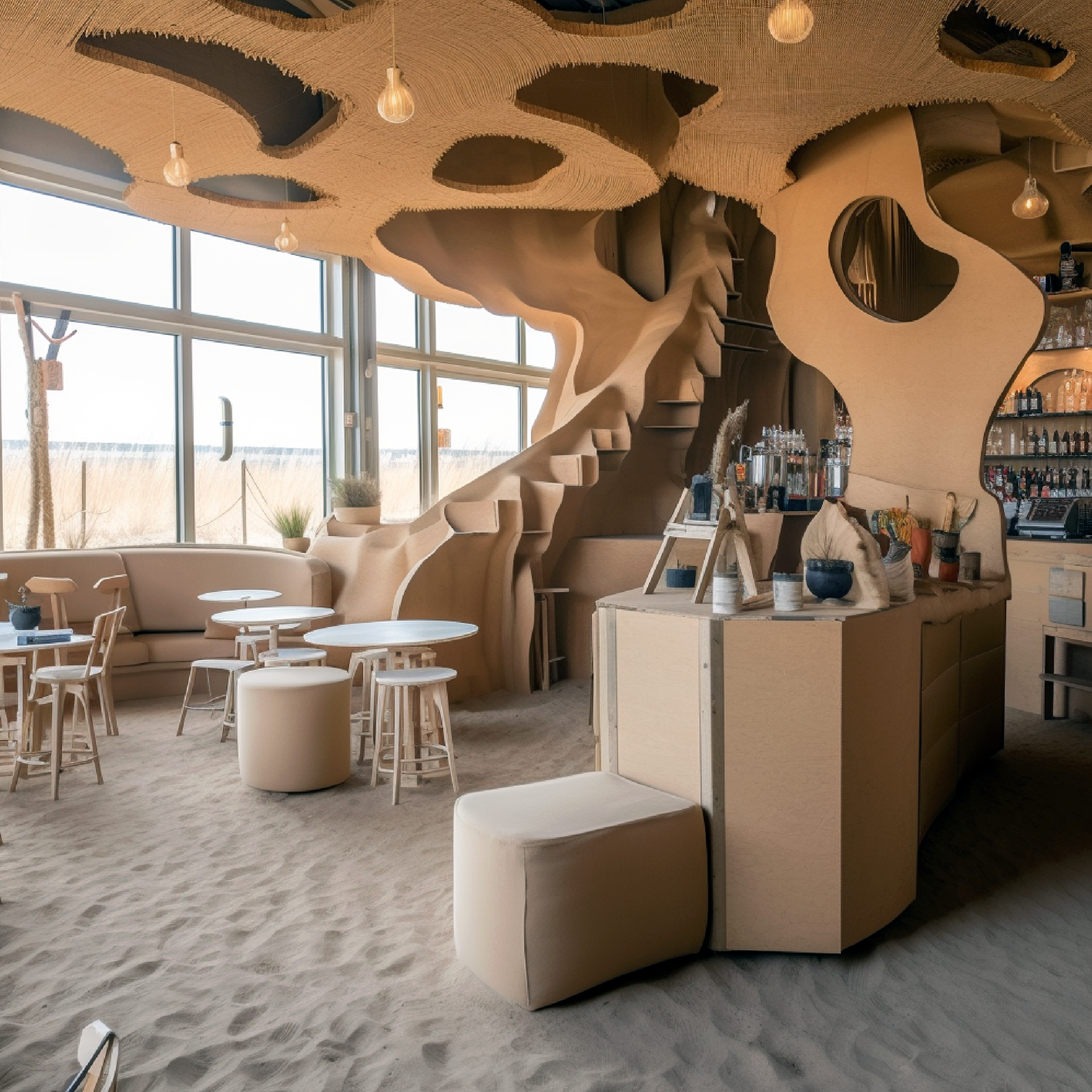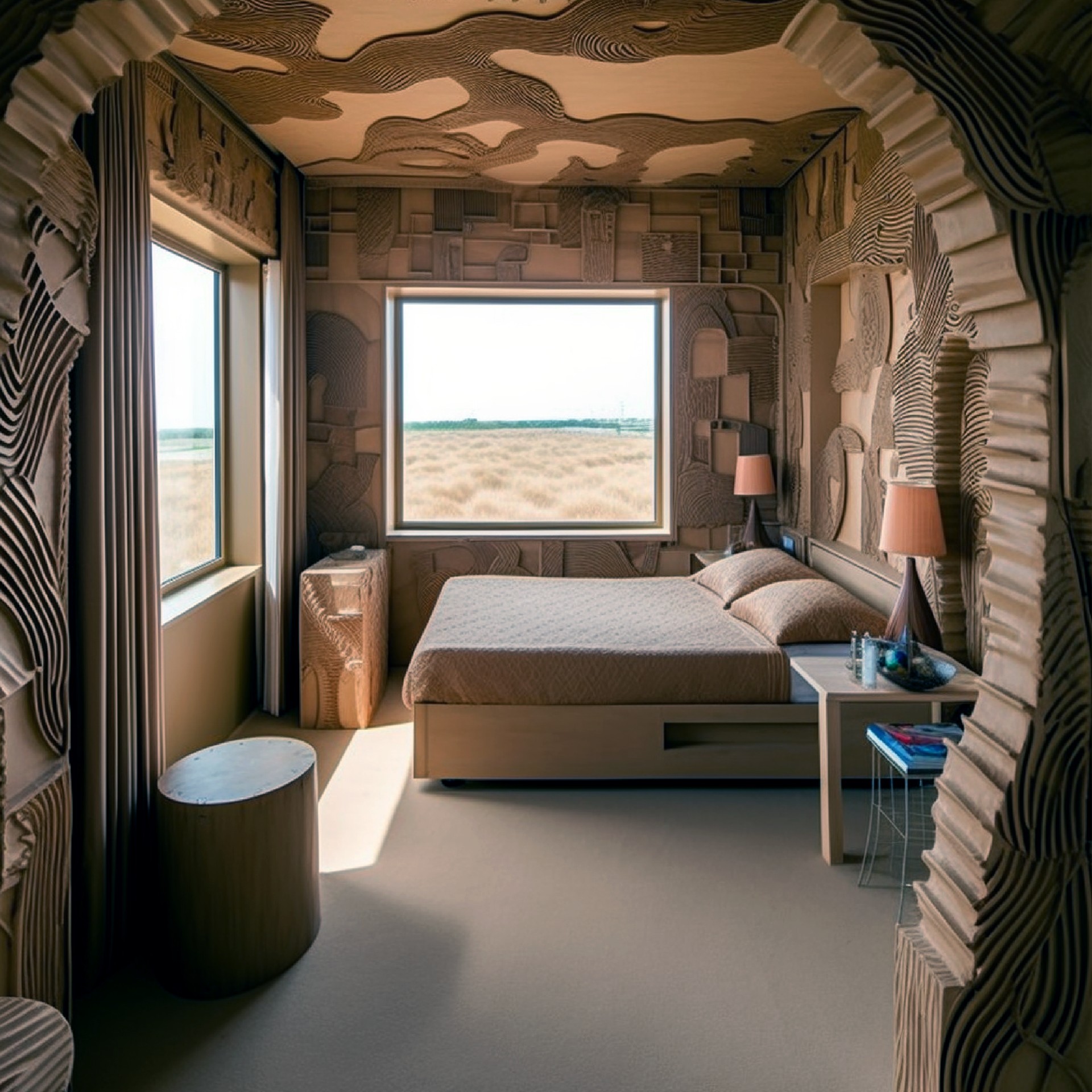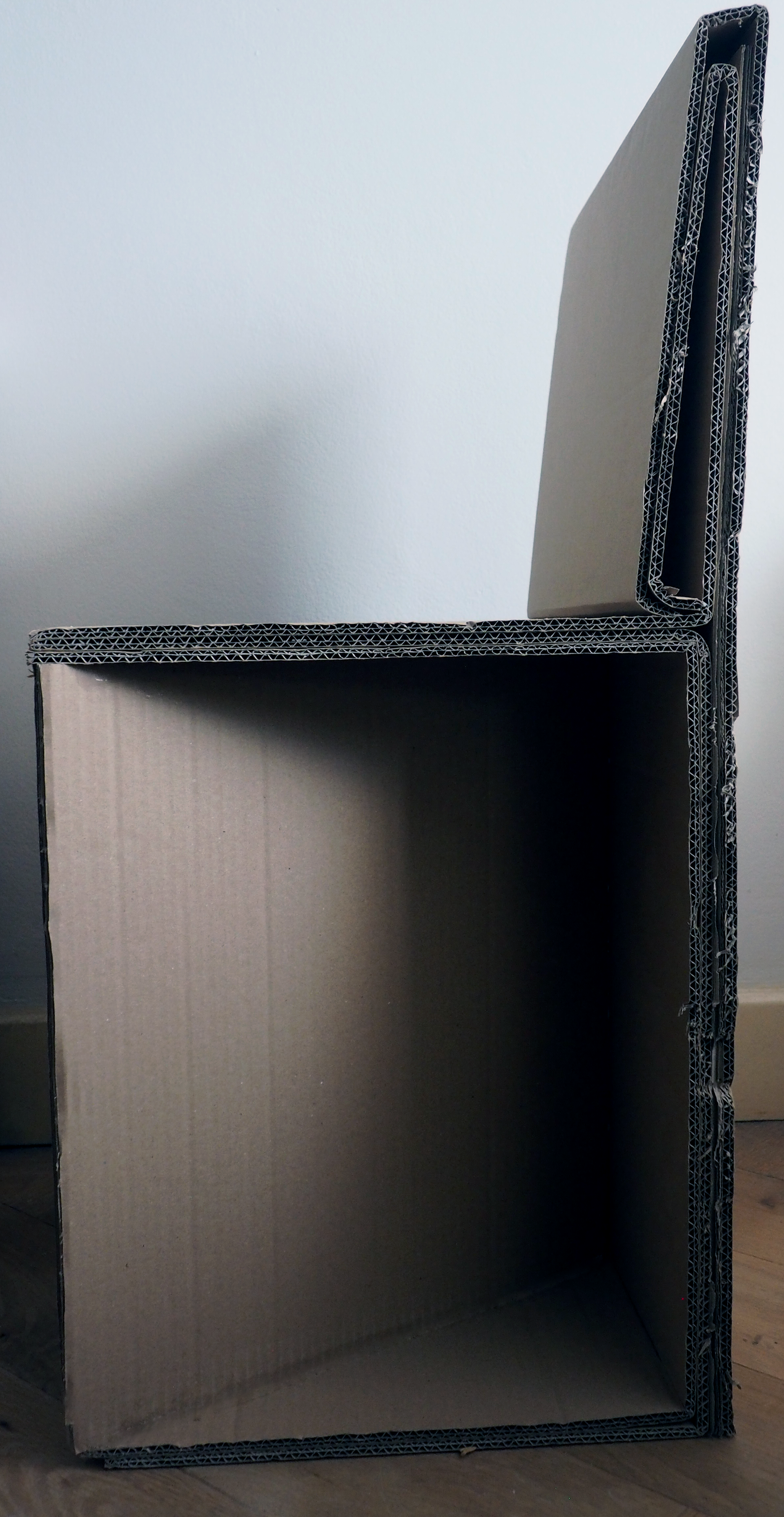What
"Zigzag Morphosis" transforms the iconic ZigZag Rietveld chair using different stages of prosessed wood produts (flowhart figure),altering the design based on the materials properties. This project divergs from common industry practices such as those seen in companies like IKEA, which often use cheap recyclable materials like cardboard but then limit their recyclability by adding non-recyclable plastic finishes. "Zigzag Morphosis" emphasis is on the preservation of natural purity of the different wood produts, promoting both a shift in aesthetics and environmental responsibility.
"Zigzag Morphosis" transforms the iconic ZigZag Rietveld chair using different stages of prosessed wood produts (flowhart figure),altering the design based on the materials properties. This project divergs from common industry practices such as those seen in companies like IKEA, which often use cheap recyclable materials like cardboard but then limit their recyclability by adding non-recyclable plastic finishes. "Zigzag Morphosis" emphasis is on the preservation of natural purity of the different wood produts, promoting both a shift in aesthetics and environmental responsibility.
Why
The project confronts critical issues facing our planet: unsustainable wood consumption and the threat of deforestation. Current trends in furniture manufacturing contribute to these problems by excessively extracting wood, risking forest health and biodiversity. "Zigzag Morphosis" offers an alternative vision by extending the life cycle of wood products and reduction of landfill waste.
The project confronts critical issues facing our planet: unsustainable wood consumption and the threat of deforestation. Current trends in furniture manufacturing contribute to these problems by excessively extracting wood, risking forest health and biodiversity. "Zigzag Morphosis" offers an alternative vision by extending the life cycle of wood products and reduction of landfill waste.
How
"Zigzag Morphosis" adopts a sustainable lifecycle approach to furniture design, characterized by the use of downcycling techniques that transform wood into usable forms without degrading its quality. This method is in contrast to current practices in the furniture industry, where the potential for true recyclability is often compromised by the application of synthetic finishes. By eliminating these harmful finishes and promoting the natural characteristics of wood, the project encourages a shift towards more responsible consumption practices and aligns with global efforts to mitigate deforestation and reduce ecological footprints.
"Zigzag Morphosis" adopts a sustainable lifecycle approach to furniture design, characterized by the use of downcycling techniques that transform wood into usable forms without degrading its quality. This method is in contrast to current practices in the furniture industry, where the potential for true recyclability is often compromised by the application of synthetic finishes. By eliminating these harmful finishes and promoting the natural characteristics of wood, the project encourages a shift towards more responsible consumption practices and aligns with global efforts to mitigate deforestation and reduce ecological footprints.
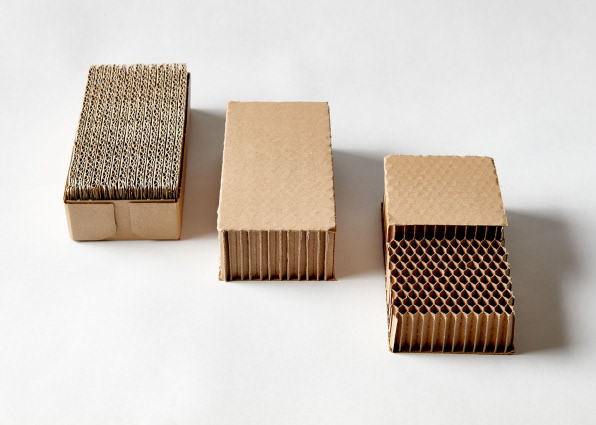
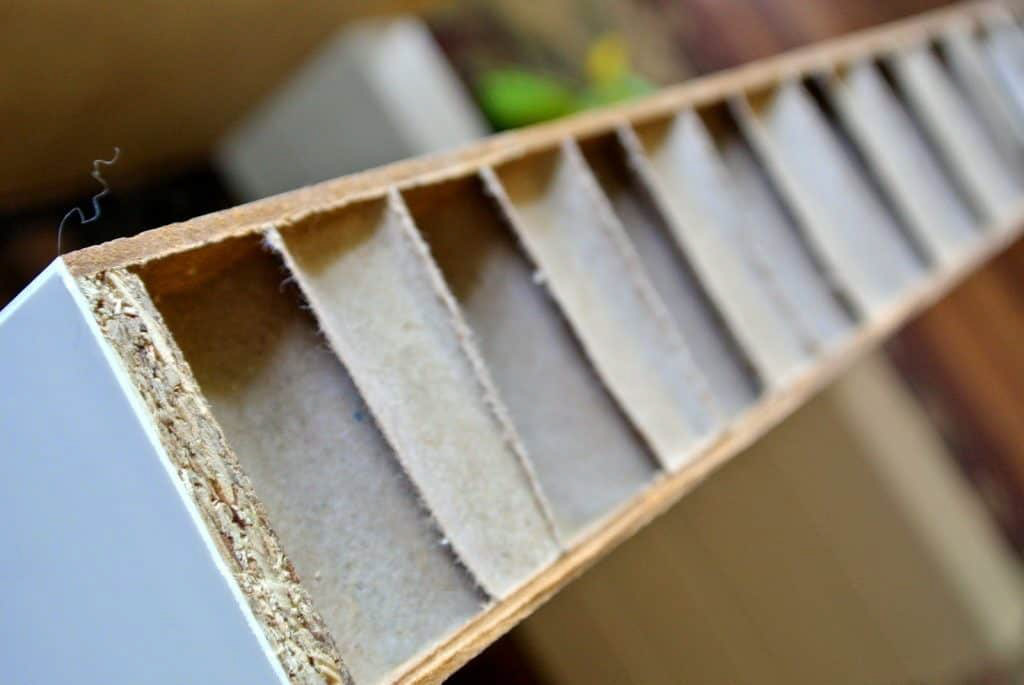
https://forest.jrc.ec.europa.eu/en/activities/forestbioeconomy/biomassflows/
